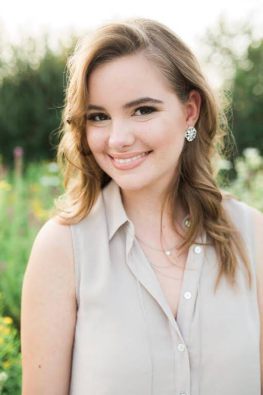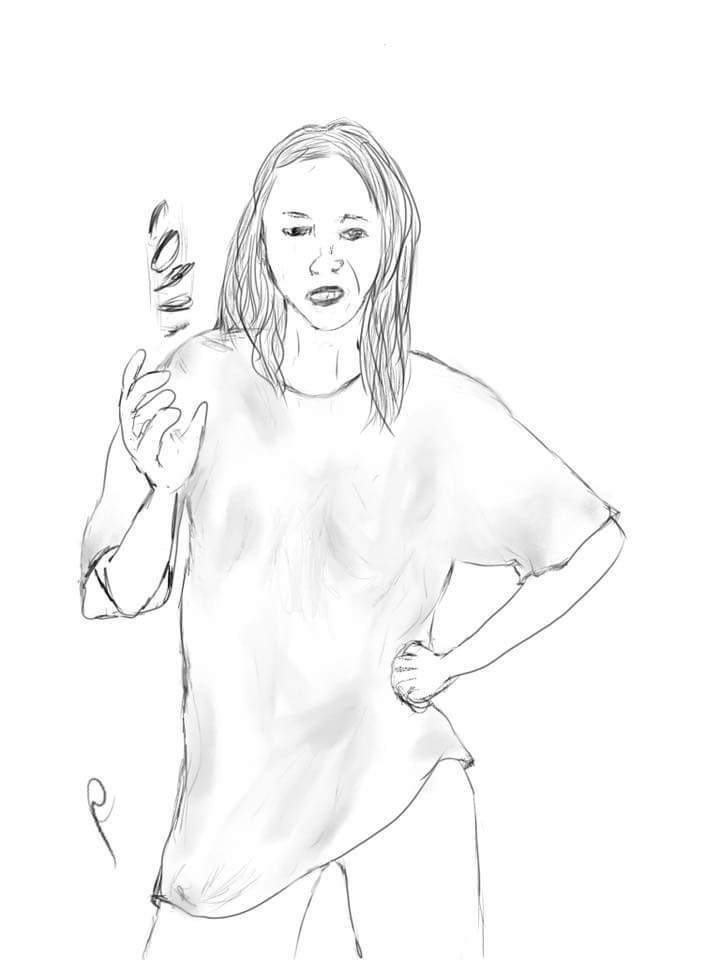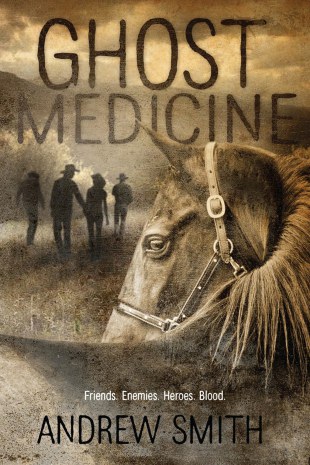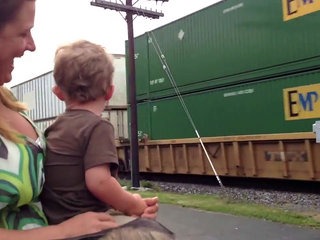Goal Orientations and Motivation:
With Rachel P., Biochemistry and Molecular Genetics major
Rachel P. was on our initial team for testing lab activities for Curiosity Science Program. She’s a double-STEM major, a poetry-lover, and an actress in college theatre.
Rachel is a sophomore, studying Biochemistry and Molecular Genetics. Molecular Genetics involves studying the genes that make up who we are at a molecular level. This helps us understand what gives each of us the traits we have and better explain genetic variation. Genetic variation can include everything from why your hair is a different color than your sister’s to how chromosomal differences like Down Syndrome occur.
(Want to learn about DNA and cells? Try this video or this one by Bill Nye.)
Rachel became interested in these fields during her first organic chemistry class. She says she felt that,
“It made a lot of sense to me. I have always been very numbers driven, but to my surprise, I enjoyed and understood organic chemistry much more than analytical chemistry.”
For Rachel, infectious diseases are especially interesting.
“Recently, I learned all about how the immune system responds to pathogens in varying degrees of specificity. It is what has convinced me that working with infectious diseases is what I want to spend my life doing.”
Often when we learn, it’s easy to focus on comparisons and thinking about how we’re doing in relation to other people. Sometimes, we focus too hard on looking good in front of our friends or not making mistakes. Rachel has a different attitude in how she views her motivation. She says she’s motivated by “Asking questions. The more there is that I want to know, the more eager I am to find the answer.”
By thinking about learning in this way, Rachel is demonstrating what is called a Mastery Goal Orientation. This is a type of motivation that is more internal, not based on what other people think or any external praise. You’re only competing with yourself, and you’re motivated by wanting to understand the subject and become as good at it as you can. For people with Mastery Goal Orientations, challenges are motivating and exciting – because you’ll get to improve and learn something new. You don’t learn as much by doing easy tasks; you learn through being challenged and having to work hard to figure out the answer. When you’re challenged, you’re discovering the answers to questions that interest you. This perspective is so much better for learning than a Performance Goal Orientation, where the fear of failure or desire for easy praise stops you from trying something challenging. Mastery Goal Orientations are also associated with higher achievement in classes than Performance Goal Orientations.
Rachel was inspired by an experience that allowed her to challenge herself and learn more. She says that for her, her moment of inspiration is easy to place.
“Undoubtedly, it would be performing microbe identification tests as a major project in my microbiology lab. The function of the project is to allow you to identify two unknown microbes utilizing the tests that we had learned over the course of the semester. It is entirely self-directed, and feels like working in an actual research laboratory, and generally was a welcoming environment that I continually wish to be a part of.”
In this example, Rachel went after challenges and wanted to learn more. She was answering questions she had created for herself and enjoyed having to figure out difficult problems. Still, it’s possible to be really great at having a Mastery Goal Orientation sometimes, and to mess up and focus too much on how people will view you other times. Rachel learned this when she was struggling in a class. She says that,
“…the biggest mistake I’ve made so far is letting my chemistry grade slip, simply because I was too afraid to ask questions and seek out the help I needed. It has frequently been one of my weaknesses, but I let my lack of understanding and fear of being viewed as stupid compound into disaster.”
When we pay attention to how we think others will view us, we forget about our own goals. We let other people’s potential opinions matter more than our own learning. Realistically, though, everyone messes up. There’s no shame in making mistakes. It’s how progress happens and how some of the yummiest inventions (popsicles and chocolate chip cookies, anyone?) were created. Mistakes also gave us Penicillin – a vital antibiotic – and pacemakers. These inventions save lives every day, and they never would have happened if their inventors were scared to make mistakes.
For Rachel, making mistakes and facing challenges becomes easier because of the inspiration she finds in others and in her passion for her field. She says that,
“Being around the people I love and doing the things I love makes me feel strong. It’s always empowering to feel like I’m doing the right thing and not being afraid to be myself.”
Finally, she adds her own request for women today. Not only for those in STEM, but for women in all roles in society, she says,
“I would ask for my voice. There are plenty of times that I know what to do or I know the answer to a question, but I’m often overlooked or ignored. I want all women to be able to speak out, not just when they know the answer, but also when they wish to stand up for what they believe in. The things they have to say are important, and should be treated as such.”

We’re proud of all of our students for finding their voices and discovering their passions. We hope you share them loudly and boldly with the world.
Thank you for your answers, Rachel! If you’d like to learn more about careers involving infectious diseases, check out the letters from Lynda Caine, Patti Caine, and Susana López on our role model page. We also have letters from physicians and chemists which may be applicable to your interests!
Discussion Questions:
What was a time you failed at something? (While you were learning to ride a bike, doing a new type of math for the first time, learning to read, tying your shoes, learning to ski, etc.) How did that experience help you to do better the next time?
Where do you feel confident speaking up? Why?
What questions do you want to discover the answers to?
Advertisements Share this:




